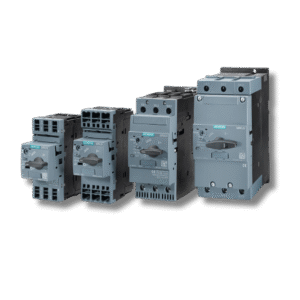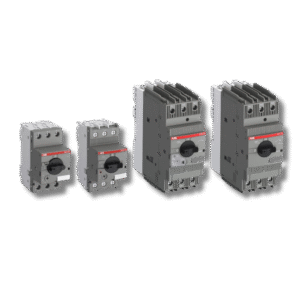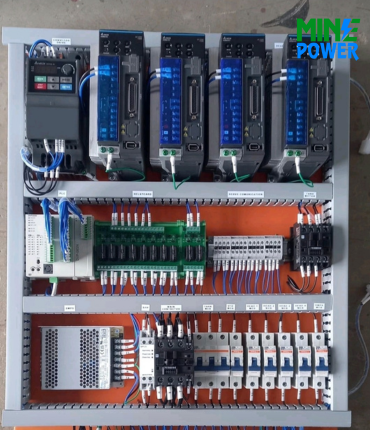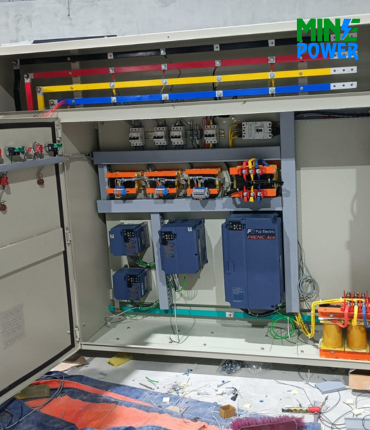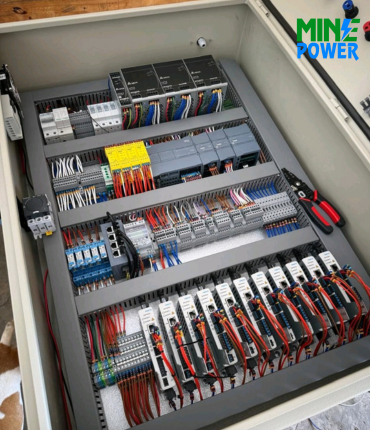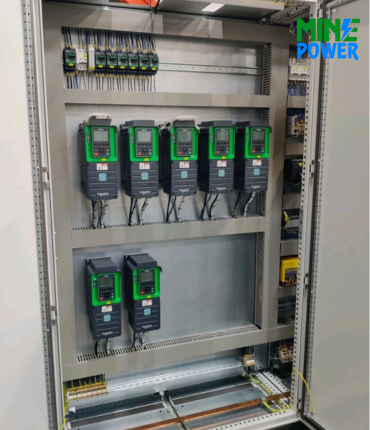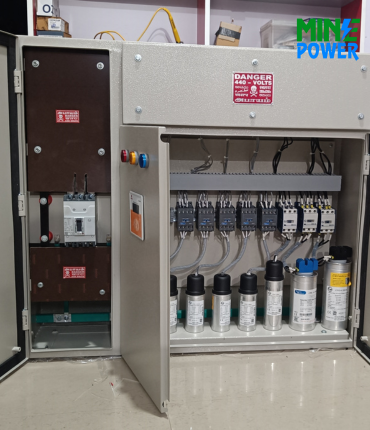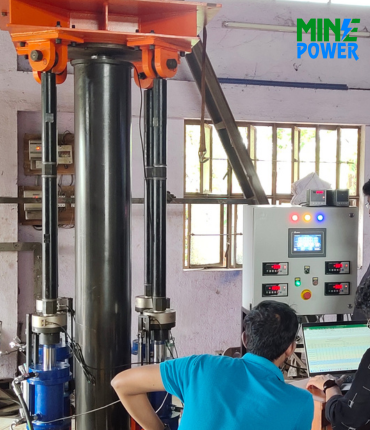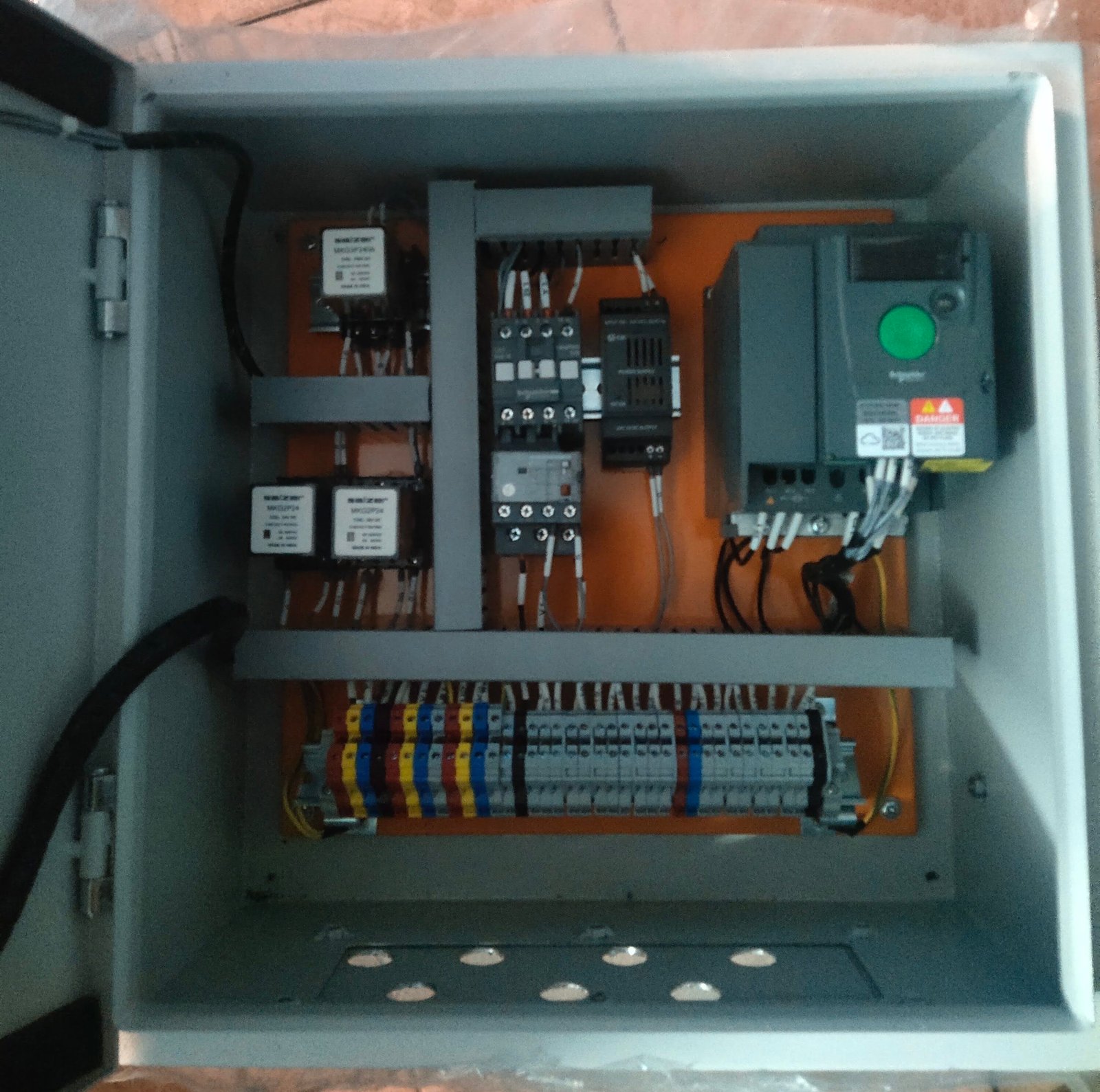Schneider Electric’s TeSys LRD Overload Relays (including thermal and electronic variants like LR9D) deliver smart, adjustable motor protection. Designed to mount seamlessly with contactors, they combine overload, phase-failure, and imbalance detection with trip class flexibility and compact form. Ideal for industrial motor control panels, these relays ensure reliable protection and operational safety across a broad range of current ratings and duty environments.
Description
An Overload Relay (OLR) is a protective device that safeguards electric motors from overheating due to sustained overcurrent. Schneider’s TeSys LRD series are thermal (or thermal-electronic) overload relays featuring adjustable current settings, class-based tripping, and phase-failure detection. These mount directly under contactors to form compact motor starter assemblies.Control Components (Anglia) LimitedEshop+1Schneider Electric
Specifications
| Model | Current Range | Tripping Class | Mounting |
|---|---|---|---|
| LRD332 | 23–32 A | 1.14 × Ir per IEC standards | Under TeSys contactor |
| LRD3359 | 48–65 A | Class 10A (1.14× Ir) | Plate, rail, or contactor mountEshop |
| LR9D32 | 6.4–32 A (Electronic) | Selectable 5/10/20/30 | DIN-rail or under contactorControl Components (Anglia) Limited |
Additional models span 62–80 A, 80–104 A, and more, supporting diverse applications.Eshop+2Eshop+2
Features
-
Adjustable current ranges to match specific motor ratings
-
Trip class selection (e.g., Class 5, 10, 20) for time-delay coordination
-
Phase-failure and imbalance detection for enhanced safetyControl Components (Anglia) Limited
-
Reset options: Manual via push-button and automatic reset
-
Status indicators: Trip flags and auxiliary contacts (1 NO + 1 NC) for signaling
-
Mounting flexibility: Under contactor, DIN-rail, or plate mount options
-
Standards & ruggedness: Compliant with IEC 60947-4-1, UL, CSA, ATEX; rated for 6 kV impulse withstand; IP20 protectionEshopSchneider Electric
Applications
-
Motor protection in starter panels and control circuits
-
Suitable for industrial, commercial, and infrastructure systems
-
Ideal for compact motor starter assemblies using TeSys contactors
Advantages
-
Compact & modular when combined with contactors
-
Highly versatile and accurate protection, with selectable trip delays
-
Reduces downtime with phase-failure detection
-
Wide current adjustment ranges for diverse motors
-
Reliable signaling and reset mechanisms
Disadvantages
-
Thermal-based relays may struggle in high ambient temperatures without derating
-
Electronic models (LR9D) are pricier than traditional thermal relays
-
Correct sizing & class selection are essential for effective motor protection



